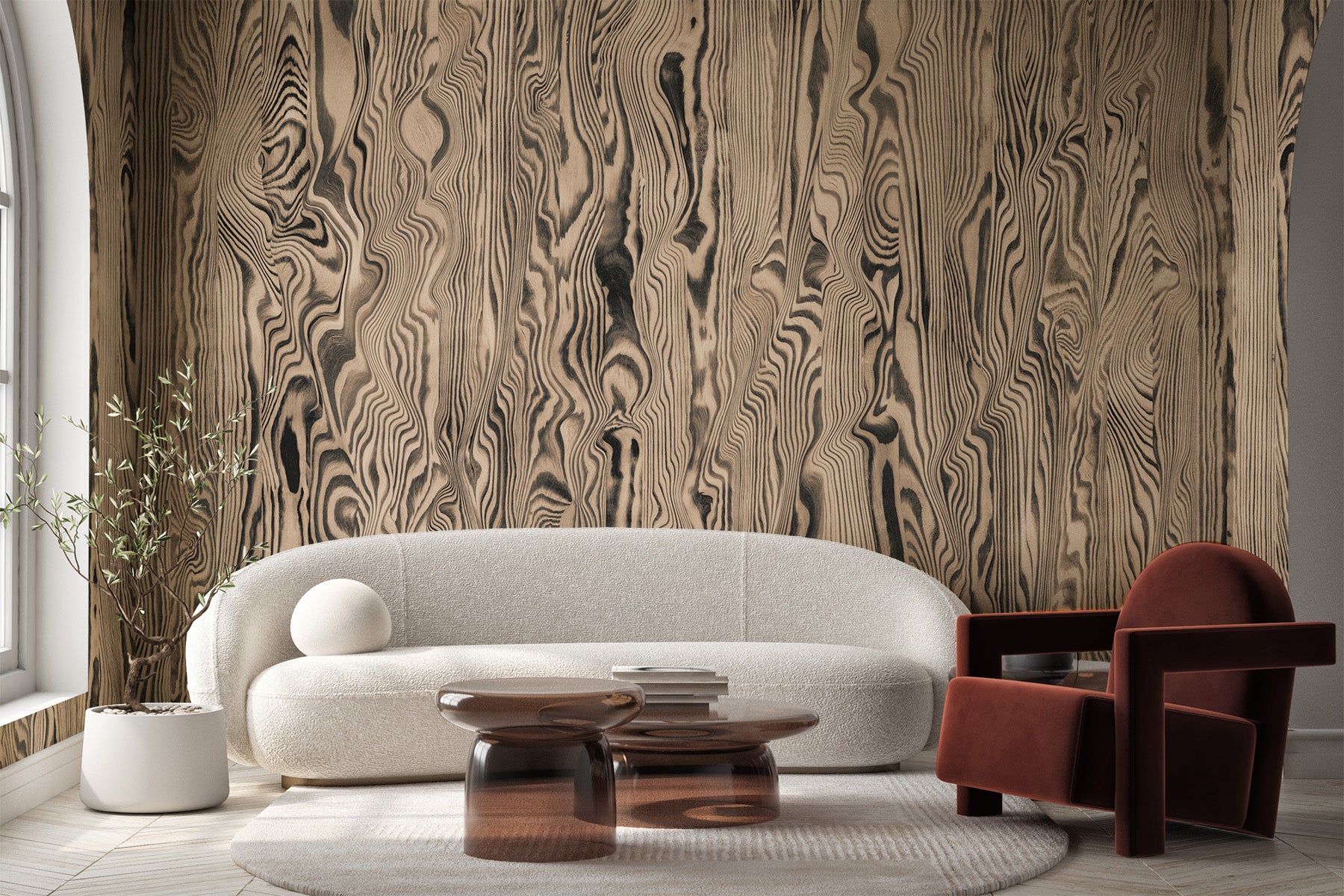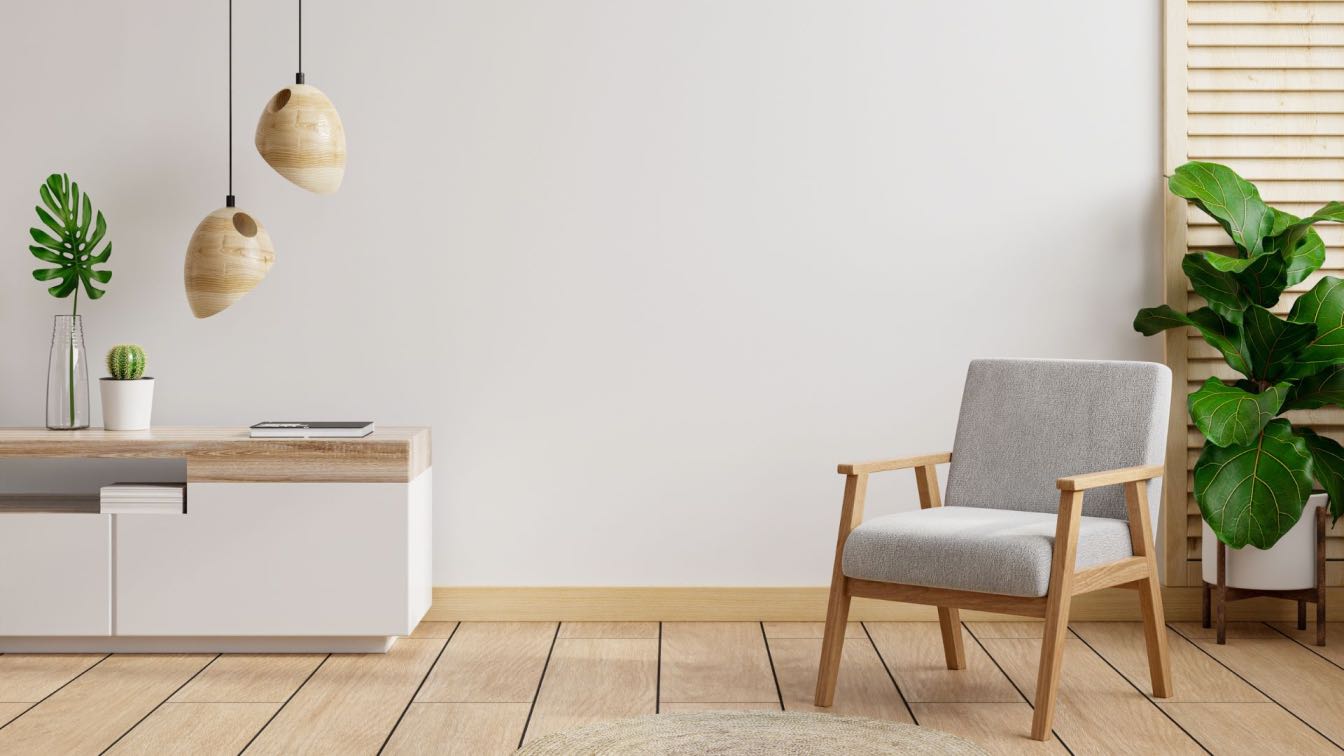Important Tips for Integrating Minimalism into Your Personal and Expert Life
Important Tips for Integrating Minimalism into Your Personal and Expert Life
Blog Article
Recognizing Minimalism: Strategies for Lowering Mess and Enhancing Clearness in Everyday Living
Minimalism is progressively recognized as a practical approach to boosting clearness and focus in today's cluttered globe. By methodically assessing our possessions and focusing on intentionality, we can develop spaces that not only mirror our values however also promote psychological wellness. Utilizing techniques such as the "Four-Box" technique can facilitate a more organized setting, yet truth obstacle exists in growing a minimalist frame of mind that sustains these initiatives. Discovering the nuances of this approach might reveal unexpected insights right into exactly how you can change your day-to-day live. What might you uncover when you welcome this deliberate simplicity?
Defining Minimalism and Its Advantages
Specifying minimalism involves comprehending it as a way of living choice that highlights simpleness and intentionality in both physical belongings and day-to-day regimens. At its core, minimalism urges individuals to prioritize what really matters, permitting for an extra meaningful and focused existence. By stripping away the non-essential, minimalism invites individuals to involve deeply with their environments and experiences.
The advantages of adopting a minimalist technique are complex. It promotes mental clearness, as lowering mess in one's environment can lead to reduced distractions and stress. When bordered by less belongings, people usually report enhanced focus and boosted productivity. Minimalism advertises monetary freedom; by prioritizing demands over desires, individuals can make more enlightened purchasing choices, leading to possible cost savings and decreased financial debt. A minimal way of life can produce psychological advantages, as it urges individuals to cultivate appreciation for what they have instead than yearning for extra.
Eventually, minimalism is not merely concerning material reduction however entails an alternative change in perspective, promoting a life identified by function, satisfaction, and equilibrium. Accepting this way of living can lead to extensive changes in how individuals connect and regard with the world around them.
Evaluating Your Present Clutter
Mess typically manifests as an overwhelming accumulation of products that no longer serve a purpose, developing an obstacle to accomplishing a minimalist way of living. Take note of certain categories of products, such as clothes, publications, or cookware, as this will aid you comprehend the scope of the mess.

Furthermore, think about the frequency of use for each item. If something has not served a function in the previous year, it may be a prospect for removal. This evaluation will certainly not just clarify your partnership with your ownerships yet will also establish the foundation for efficient decluttering in the future. Ultimately, understanding your present mess is an essential step towards accepting minimalism and enhancing quality in your everyday living.

Practical Decluttering Methods
Having evaluated your present clutter, the next step is to implement useful decluttering techniques that facilitate an check that even more arranged living room. Minimalism. One reliable approach is the "Four-Box" strategy, where you designate four boxes labeled: keep, donate, garbage, and relocate. This Your Domain Name method motivates fast decision-making and makes certain things are classified appropriately
One more method is the "One in, One out" rule, which states that for every new item gotten, an existing product has to be removed. This principle assists preserve equilibrium and stops buildup with time. Additionally, think about the "30-Day Minimalism Game," where you eliminate one item on the initial day, two on the 2nd, etc, cumulatively cultivating a feeling of success.
Limit yourself to a certain number of cherished products, permitting you to appreciate their importance without frustrating your room. By employing these methods, you can develop an extra peaceful and effective living room, ultimately improving clearness in your day-to-day life.
Creating Deliberate Rooms
Creating deliberate spaces includes a thoughtful technique to how we layout and arrange our settings, making sure each location serves a specific objective and shows our values. This practice is necessary in cultivating a sense of clarity and purpose in our every day lives. By critically evaluating the function of each area, we can get rid of diversions and improve our total well-being.
To create intentional rooms, start by determining the main activities that will certainly take place in each area. For instance, an office should be developed to promote performance, including components such as ample lights, comfy furnishings, and minimal interruptions. In contrast, a use this link relaxation location ought to advertise peace, including soothing colors and comfortable seating.
Furthermore, think about the emotional impact of your surroundings (Minimalism). Incorporating personal products that reverberate with your values, such as art work or plants, can enhance the link to your space. Routinely review these settings to guarantee they proceed to serve their intended purpose as your demands progress
Inevitably, developing willful areas has to do with making aware options that straighten with your way of living, promoting harmony and efficiency in your living and workplace.
Preserving a Minimalist State Of Mind
Embracing a minimalist attitude calls for ongoing reflection and intentionality in our actions and thoughts. Set aside time to evaluate your commitments, belongings, and also digital web content, guaranteeing they straighten with your core concepts.
This shift in viewpoint encourages admiration for simplicity, enhancing total well-being. Incorporating mindfulness strategies, such as meditation or journaling, can better enhance a minimalist attitude by promoting quality and reducing psychological clutter.
In addition, develop borders to secure your time and power. Discover to state no to non-essential responsibilities and diversions that do not add to your personal growth. Border on your own with similar people who sustain your minimalist trip, as shared values can enhance motivation and liability.
Conclusion
In conclusion, welcoming minimalism uses considerable benefits, including reduced mess and improved quality in everyday life. The principles of minimalism offer as valuable tools for cultivating an environment that supports personal development and well-being.

Additionally, think about the "30-Day Minimalism Video Game," where you remove one thing on the first day, two on the second, and so forth, cumulatively cultivating a feeling of accomplishment.
In final thought, accepting minimalism supplies substantial benefits, including reduced clutter and improved clearness in day-to-day life.
Report this page